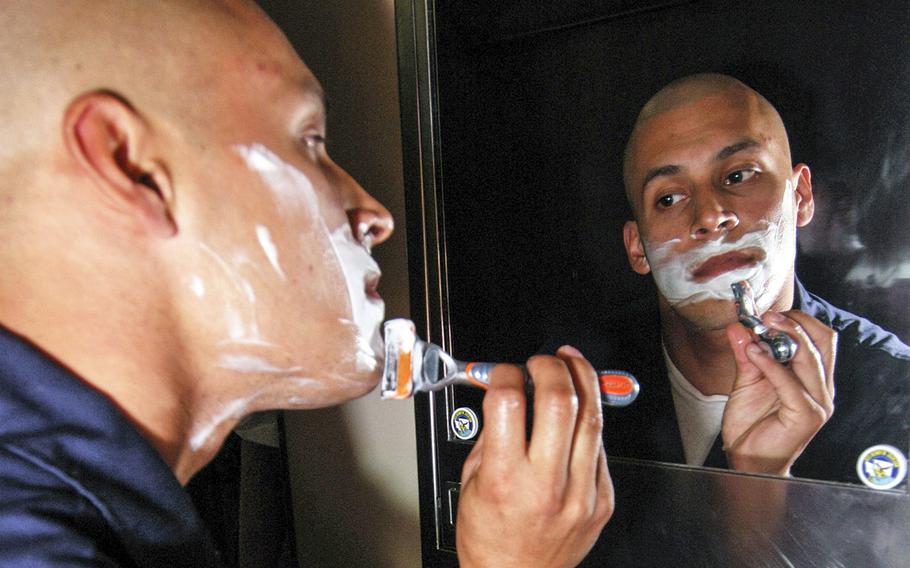In Braidwood Management v. Becerra , there was a lawsuit in the state of Texas challenging the Affordable Care Act (ACA) because of certain aspects that various plaintiffs state conflict with their religious beliefs. The Affordable Care Act mandates that health insurance providers cover certain preventative care. This preventative care includes contraceptive coverage, HIV medication including Truvada and PrEP, and STD testing. One plaintiff, John Kelley, owns a Christian professional association called Kelley Orthodontics, which employs many individuals and wants to provide health insurance for its employees, but wants to exclude insurance coverage of contraception drugs, PrEP. However, the mandates of the contraceptives and HIV drugs make it impossible for Kelley to purchase health insurance that excludes this coverage.
Mr. Kelley has no need to purchase the health insurance with these specific requirements because he states his wife is past her child bearing years, his religion only supports monogamous relationships meaning he does not need STD testing, and does not want health insurance that covers HIV medications because he and his family members do not engage in behavior that transmits HIV. The second plaintiff, Joel Starnes, had similar reasons to Mr. Kelley, in which they both state that they are Christians and will not purchase health insurance that subsidizes abortifacient contraception or PrEP drugs that encourages homosexual behavior of which his religion does not support. Plaintiff, Steven Hortze, is in charge of Braidwood Management, which also filed suit with the other plaintiffs because his company is self-insured and must comply with the ACA health insurance coverage or face heavy financial penalties. Hortze is a Christian and wants to run his business according to Christian principles and teachings. He believes that insurance coverage of the HIV drugs promote “homosexual sodomy, prostitution, and heavy drug use, which are all against Hortze’s religious beliefs.”
Braidwood Management files suit for all self-insured employers who object to any of ACA’s mandates for religious reasons. Kelley Orthodontics sues for all religious employers that want to have health insurance with particular exclusions that align with their sincere religious reasons. And Mr. Kelley and Mr. Starnes sue for all individuals who wish to purchase health insurance that want exclusions from ACA’s mandates that conflict with their religious beliefs.
Therefore, the question that remains is, does ACA’s preventive care mandate violate a religious individual’s Free Exercise by requiring them to provide insurance coverage that does not align with their sincere religious beliefs?
I would argue that yes, the ACA does violate the plaintiffs' Free Exercise of Religion because it places a substantial burden upon the individual and there are no less restrictive means that the government can provide that can enable only certain health insurance coverage. I would argue that there is a substantial burden placed upon each of these plaintiffs because if they are required to pay for something they do not support, this clearly puts them at a disadvantage because they are being asked to either keep paying for something they do not believe in, or to pay penalties. A previous case, Burwell v. Hobby Lobby touches base on this issue and in which the owners of Hobby Lobby a for-profit business would have a substantial monetary burden if they did not cover the contraceptives under the ACA mandate. This case can be applied to Braidwood Management v. Becerra because under the Religious Freedom Restoration Act, which prohibits the Federal Government from taking any action that substantially burdens the exercise of religion, unless that action constitutes the least restrictive means of serving a compelling government interest, Braidwood Management should not have to comply with the ACA mandate if it violates the owner’s religious belief because it would put a substantial burden upon Mr. Hortze and his company if he has to pay the penalty for each employee. The Court declared that there would be a substantial burden placed upon Hobby Lobby owners and that there were no less restrictive means for the company to comply with their religious beliefs and the federal mandate. Since both Hobby Lobby and Braidwood Management are for-profit businesses, the Court should side with Braidwood Management as they did the Hobby Lobby owners in saying that the company could opt out of the contraception mandate because it must also comply with for-profit businesses as it does non-profit. Braidwood Management v. Becerra the plaintiffs should be allowed to opt out of the mandate because of another precedent case, Little Sisters of the Poor Saints Peter and Paul Home v. Pennsylvania which pertains to a group of Catholic women who aim to help the elderly who also opposed the contraception mandate. This case declared that the Department of Health and Human Services, Labor, and Treasury had the authority to create exemptions for religious employers. Even though this is a non-profit organization, Braidwood Management v. Becerra can be viewed through a similar lens because the court was looking at whether the departments had the authority to create the exemptions to the contraception mandate, not so much because it was a non-profit organization.
Do you agree that the ACA’s preventive care mandate violated the religious employers Free Exercise? If so, to what extent do you agree?
Sources: https://ballotpedia.org/Little_Sisters_of_the_Poor_Saints_Peter_and_Paul_Home_v._Pennsylvania











